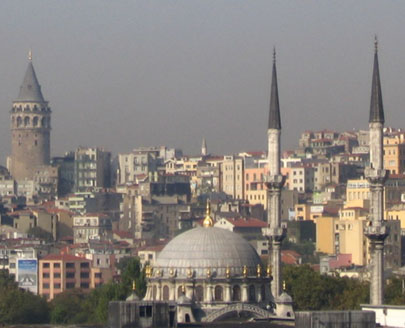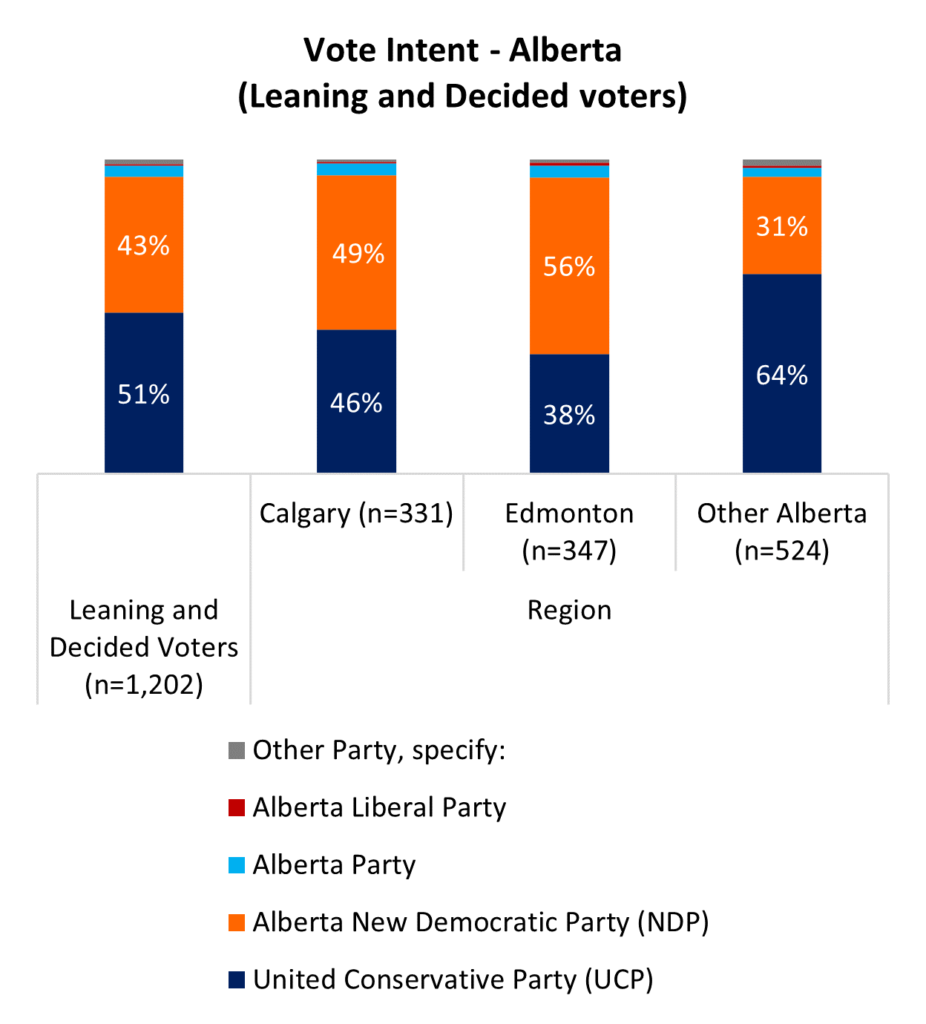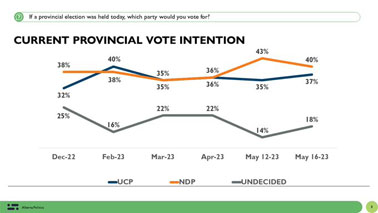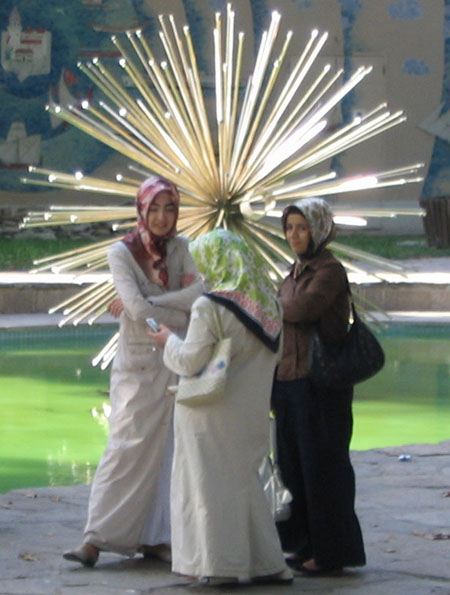Elections, elections, elections … what’s happening to democracy in Turkey, Thailand, and Alberta today?
May 18th, 2023 | By L. Frank Bunting | Category: Countries of the WorldSPECIAL FROM L. FRANK BUNTING, GRAND BEND, ON. 18 MAY 2023. My only first-hand memories of Turkey go back almost 16 years, to the early fall of 2007.
It was just after the big second victory of Recep Tayyip Erdoğan’s Justice and Development Party (AKP) in the July 22 election that year.
But it was still comparatively early on in Erdoğan’s 20-year career as Turkish prime minister (2003-2014) and then president (2014 to present, with a constitutional shift from a parliamentary to a presidential system of apparently still more or less democratic government in 2018!).
My early fall 2007 Turkish experience was also largely confined to the forward-looking ancient cities of Izmir and Istanbul — both almost surprisingly modern versions of very old urban pasts (somewhat but not quite like Athens or Rome).
Istanbul in 2007 and Turkey’s 2023 elections
Istanbul in 2007 was especially fascinating — a place where a rigorous enough Islamic religious practice still seemed to live comfortably side by side with a more liberal and secular urban culture (a legacy of Kemal Ataturk’s modernization and secularization after the First World War).
From this highly limited vantage point back then Erdoğan seemed a possibly almost progressive reformer in Turkish politics. And Turkey at least appeared to have some authentic potential as a serious Islamic democracy.
Times have subsequently changed. Erdoğan has come to seem much more like a a hardcore Islamic nationalist with a right-wing authoritarian bent.
For a brief moment the Turkish elections this past Sunday, May 14, 2023 held out some prospect of more democratic change. (See, eg, Briar Stewart at CBC News on “Energized opposition and poor economy could spell defeat for Turkey’s long-time leader … Polls suggest opposition is narrowly leading Erdogan, raising possibility of 2nd round of voting” ; and Kaya Genç at the London Review of Books on “Erdoğan’s Challenger … Kemal Kılıçdaroğlu, the leader of Turkey’s main opposition party.”)
In the end, however, though a second round of voting on Sunday, May 28, 2023 now does seem likely (with no candidate quite securing 50% of the vote in the first round), Erdoğan also seems likely enough to win this second round — and another five years in office.
As reported by BBC News : “Turkey’s battle for the presidency looks almost certain to go to a run-off, with President Recep Tayyip Erdogan set for a four-point lead in the first round ,,, Opposition challenger Kemal Kilicdaroglu also claimed to have victory in his grasp … But incomplete results give him around 45%, with Mr Erdogan on more than 49% of the vote.”
BBC News continues : “And Mr Erdogan has an added boost as he seeks to extend his presidency. His People’s Alliance of parties has also won a majority in parliament, according to preliminary figures provided by the state news agency … For months, Turkey’s disparate opposition parties had pooled their resources in a bid to bring an end to a president who has extended his power dramatically since a failed coup against him in 2016 … Turks went out to vote in very high numbers. Officials put the turnout at 88.8% … [the highest turnout in any Canadian federal election has been 79.4% in 1958]… And … despite a very difficult few months, Turkey’s dominant president appears to have the upper hand.”
A more democratic progressive election in Thailand?
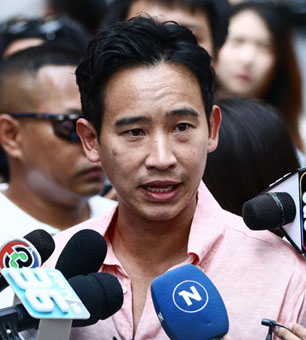
Meanwhile something closer to an encouraging democratic and progressive surge does seem to have taken place this past Sunday, May 14 in Thailand — homeland of the Rogers and Hammerstein musical The King and I (with Yul Brynner playing the lead in both the 1951 Broadway musical and the 1956 movie).
At the same time, even here an altogether democratic and progressive conclusion remains elusive. I can do no better than quote the analysis of Ishaan Tharoor (with Sammy Westfall) in The Washington Post :
“Psephologists in the United States have long puzzled over the demographic moment when a younger generation of voters will form the single most important critical mass in American elections. In Thailand, it appeared to happen Sunday. Analysts had expected the country’s electorate to reject the military-backed establishment that has been in power since a 2014 coup. But they hadn’t quite predicted the extent to which voters would turn to an upstart faction, powered by Millennial and Gen Z energy.
“The progressive Move Forward Party, led by 42-year-old Ivy League-educated business executive Pita Limjaroenrat, pulled off a stunning result, coming in first with a predicted 152 seats in the 500-seat lower house. In second with likely 141 seats was Pheu Thai, the main opposition party, led by Paetongtarn Shinawatra, the 36-year-old daughter of exiled populist former prime minister Thaksin Shinawatra.
“The two opposition parties both secured far greater vote shares than the paltry 36 seats projected to have been won by the party of Prime Minister Prayuth Chan-ocha, the former military leader who seized office following the 2014 coup and renewed his mandate through a controversial election in 2019. The election result offered, first and foremost, a blunt message to the army, which has a decades-long history of interrupting the country’s democracy.
“‘This is an unmistakable frontal rebuke, a rejection of Thailand’s military authoritarian past,’ Thitinan Pongsudhirak, a political scientist from Chulalongkorn University, told CNN. “It’s a rejection of military dominance in politics.’” Yet : “An alliance between Move Forward, Pheu Thai and a number of smaller parties could command up to 60 percent of Thailand’s lower house. But that still may not be enough to oust Prayuth and his allies. Under rules established by the military-backed government, the job of prime minister is determined by a calculation combining both the 500 seats of the lower house and the 250 members of the unelected Senate, which is stuffed with boosters of the establishment. Thailand’s military leaders appoint all 250 senators. The race to secure an overall majority of 376 members backing a prime ministerial candidate may prove complex”
Meanwhile back in Alberta — Canada’s dynamic fourth most populous oil-and-gas-rich province between the Prairies and the Rocky Mountains
Finally, for a time it almost seemed like Rachel Notley’s New Democrats would handily enough defeat Danielle Smith’s governing United Conservative Party in the Alberta provincial election on Monday, May 29, 2023. (Presumably if current worrying wildfires in the north don’t get much worse.) And this would be a local Canadian triumph for the democratic and progressive cause in a usually much more conservative place!
Here too, however, as voting day has drawn closer the good news for the democratic and progressive cause has apparently grown quite thin. Of four recent polls by major firms all of Angus Reid, Ipsos, and Mainstreet Research now have Danielle Smith’s UCP somewhat ahead of Rachel Notley’s NDP. Only Abacus Data still has the NDP somewhat ahead.
Naheed Nenshi, former purple (mixed red and blue) mayor of Calgary (and said to be the first Muslim mayor of any North American big city) has done his best to explain the situation to non-Albertans, in “In Alberta, will ‘good enough’ be good enough for Rachel Notley and the NDP?”.
Mr. Nenshi has also most recently tweeted a reference to the latest Angus Reid poll‘s reference to the concentration of UCP support among voters over the age of 54 — and the parallel concentration of NDP support among voters under the age of 35. He notes that “Gen Z and millennials made a huge difference in the US midterms. Will they vote this time” in Alberta?
If voters under the age of 35 do turn out en masse on May 29 the NDP could do better than the latest polls seem to be saying, on balance. And this appears somewhat parallel to this past Sunday’s election in Thailand as well.
In Thailand in fact, as Ishaan Tharoor with Sammy Westfall at The Washington Post have recently noted, “a younger generation of voters” did “form the single most important critical mass.” And analysts beforehand “hadn’t quite predicted the extent to which voters would turn to an upstart faction, powered by Millennial and Gen Z energy.”
So, cast in terms of the wider global village (a concept much discussed by the late Marshall McLuhan who was born in Edmonton, Alberta), the big question about the Alberta election on May 29, 2023 could be whether it turns out more like the Thai election on May 14, 2023, or the Turkish election on May 14 and 28, 2023.
(And even if it is the former, Ms Notley will of course still have to contend with her own country’s unelected Senate in Ottawa! Which is at least only appointed by the prime minister, not the Canadian Armed Forces … or even the Mounties! … So far at any rate, I think as I gaze out at the suddenly choppy waters of the great Lake Huron, here on the sparkling beach at Grand Bend.)
